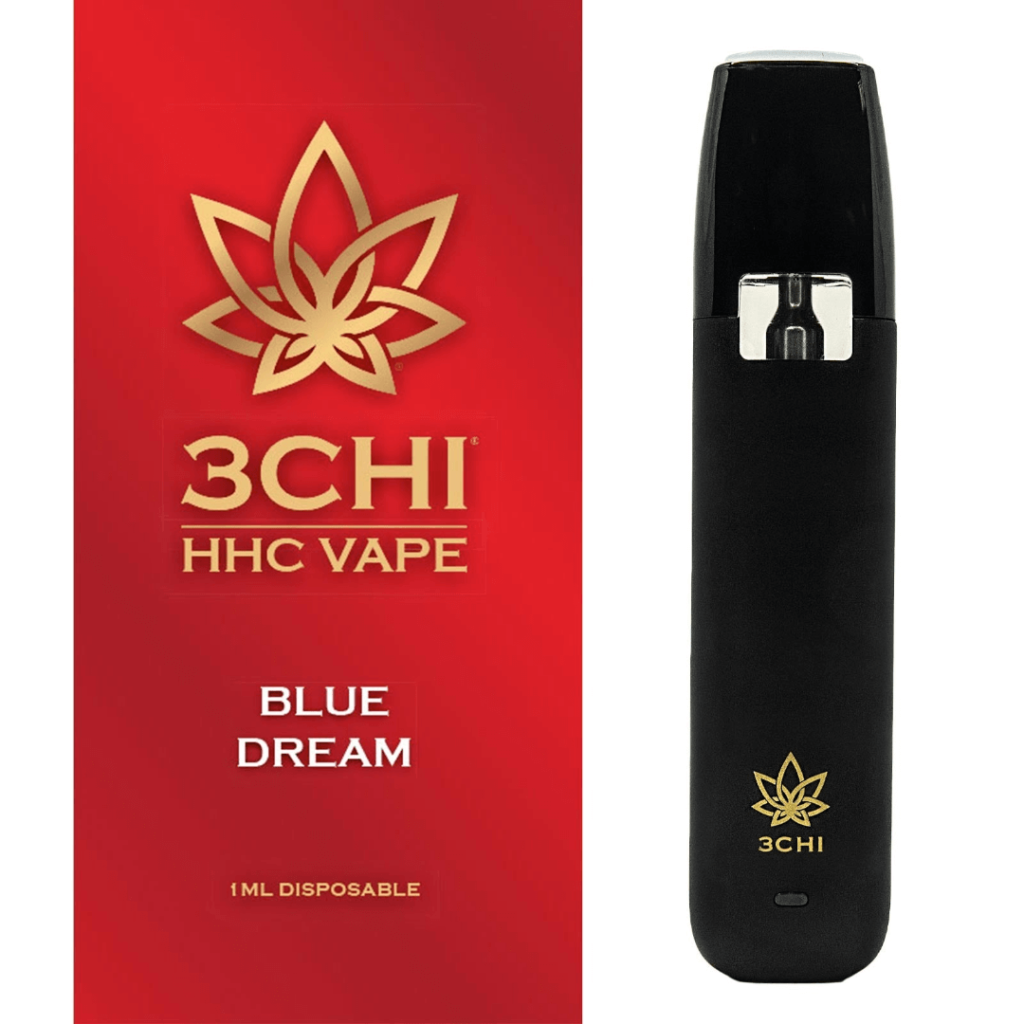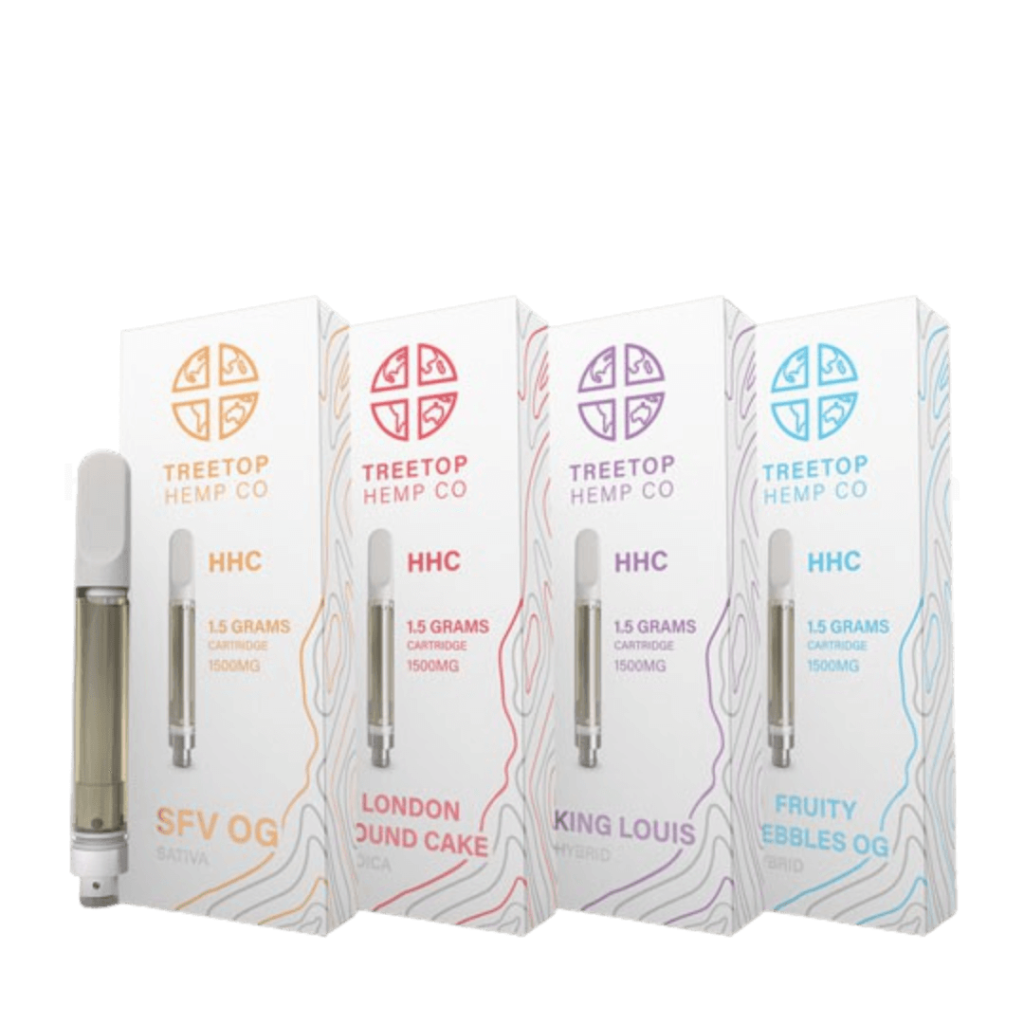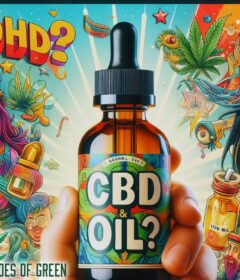HHC vs. THC; How Do They Compare
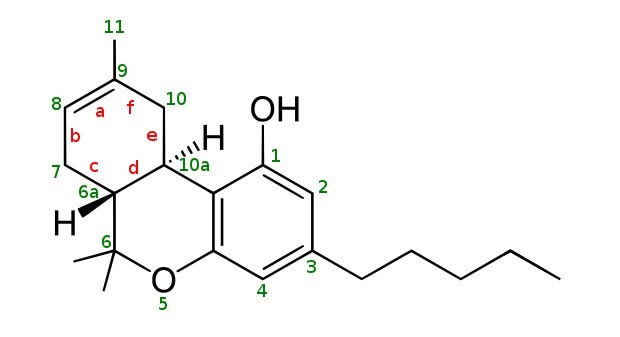
HHC vs THC: Following the wild success of delta 8 THC as a legal alternative to the more controlled availability of delta 9 THC, the cannabis industry has sought other less-known cannabinoids to compete in the diverse cannabis marketplace. One of the newest and most promising is hexahydrocannabinol, usually shortened to HHC. How does this new cannabinoid compare to THC, and how long does it stay in your system for potential drug tests?
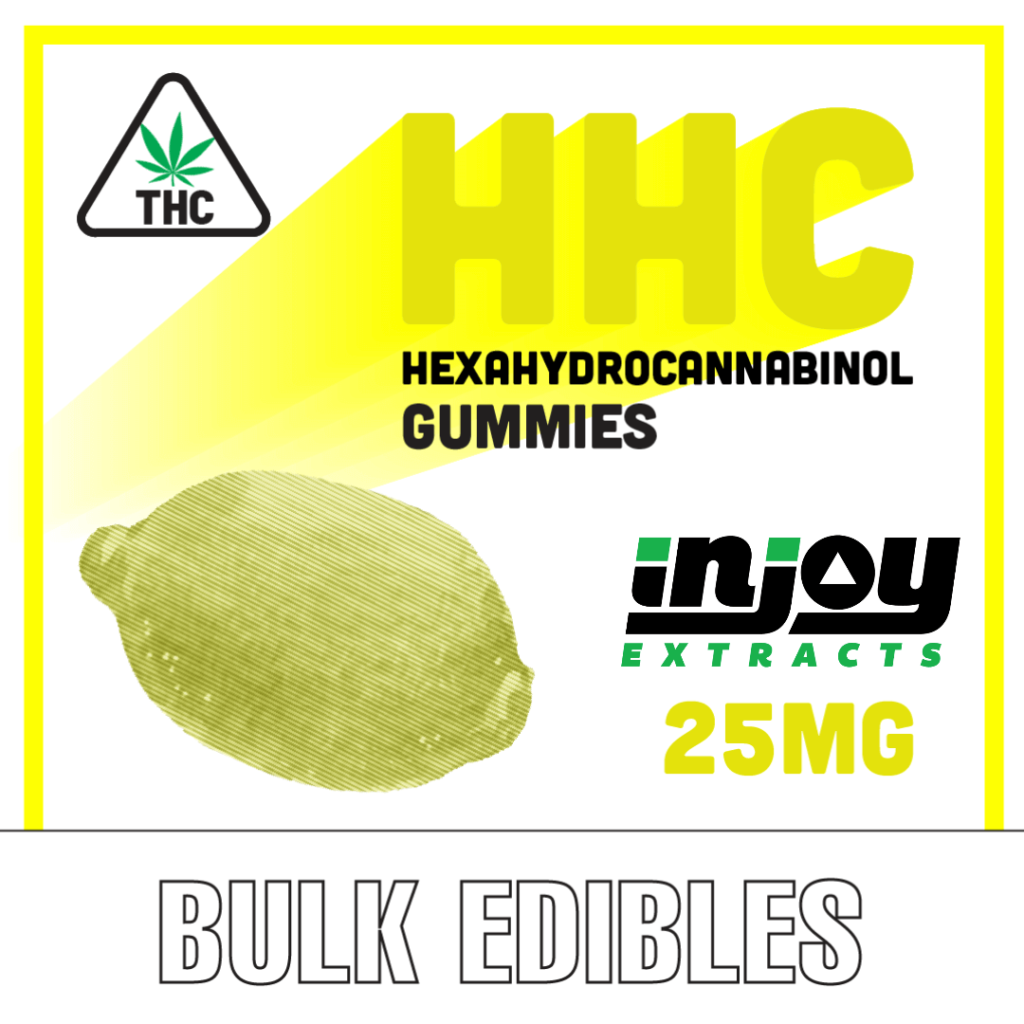
What is HHC?
HHC is a THC that has been relatively long known to science, but until recently, not often discussed by cannabis users. HHC is a minor cannabinoid; it occurs naturally in cannabis but in amounts too small to make extraction cost-effective. Since commercial production of HHC is just getting off the ground, it’s still not widely known.
Most cannabinoids can be converted to other cannabinoids by altering the chemistry of the molecules. Like delta 8 THC and delta 10 THC, commercial HHC is processed from hemp-derived CBD in a lab through chemical processes. HHC has one major legal advantage over Delta 8, THCO, and Delta 10: it isn’t THC.
How is HHC produced?
HHC was discovered in the 1940s by chemist Roger Adams. He created HHC by adding hydrogen to the THC molecule and altering its physical properties. The process, called hydrogenation, is first described in a 1947 patent document.
Hydrogenation modifies the structure of delta-9 THC by replacing a double bond with two hydrogen atoms, which changes its molecular weight and makes it more stable. According to Mark Scialdone, a chemist and BR Brands Chief Science Officer, hydrogenation improves “stability and resistance to thermo-oxidative breakdown,” meaning HHC has a longer shelf life and is less prone to damage caused by UV light and heat.
Does HHC get you high? Does it have side effects?
This is kind of tricky. Although HHC isn’t technically a THC, it does produce similar effects—if you use enough of it. When produced in the lab, an HHC batch mixes active and inactive HHC molecules. The active HHC binds well with your body’s cannabinoid receptors; the others don’t.
Manufacturers haven’t yet figured out a cost-effective way to separate high-potency HHC from its low-potency twin, so commercial HHC—a mix of the two forms—may be a crapshoot for the buyer. But HHC does have noticeable effects. Reports from users generally describe the HHC high as being somewhere between delta-8 and delta-9 THC.
Everything we know about HHC’s effects and side effects is anecdotal. Users report the same side effects familiar to Delta-9 users: anxiety and paranoia, dry mouth, dry and red eyes, hunger, and insomnia. In conclusion, you can see that they are very similar when comparing HHC vs. THC and the effect you get.
Will HHC show up in a drug test?
It appears that HHC may not break down in the body in the same way as THC. Unlike the delta-8, delta-9, and delta-10 forms of THC, there is some evidence that HHC doesn’t metabolize into 11-hydroxy-THC, which is the breakdown substance many drug panels test for.
But that hasn’t been studied and isn’t certain. So far, no one knows that HHC won’t leave evidence of use in your blood, urine, or hair. If your employer tests for drug use, we suggest you not risk your job using HHC.
Does HHC have medical benefits?
HHC hasn’t been widely studied, unlike more abundant cannabinoids like delta 9 THC or CBD, but there has been some promising research. A 2011 study showed that some synthetic analogs of hexahydrocannabinol (HHC) “strongly inhibited breast cancer cell-induced angiogenesis and tumor growth.” Japanese researchers published a paper in 2007 describing HHC’s impressive pain-blocking capability in mice. But it is probably too early to say whether HHC has great promise as a therapeutic drug.

Is HHC legal, and will it stay legal?
The 2018 Farm Bill federally legalized the hemp plant and all its derivatives unless the plant or anything made from it contains delta 9 THC at a concentration higher than 0.3 percent. HHC technically isn’t THC, so it should skirt federal scrutiny—right? Maybe.
Even though HHC is found naturally in the cannabis plant, that’s not where commercial HHC comes from. It’s a lab-produced product made by hydrogenating hemp-derived cannabinoids under pressure with a catalyst like palladium. Scientists at the National Cannabis Industry Association call the result a “semi-synthetic” cannabis compound.
That could mean HHC will get the Drug Enforcement Administration’s (DEA) attention. A cannabinoid expert at biotech company Creo thinks HHC falls under the Federal Analogue Act, which automatically classifies analogs of Schedule 1 drugs as Schedule 1 drugs themselves. If the DEA agrees, HHC could have a very short commercial heyday.
HHC could be banned by states, too. This is likely if HHC becomes popular, and especially if it threatens the legal cannabis market, as we’ve seen happen with Delta 8 THC. But so far, HHC is probably too niche to catch the eye of state lawmakers.
Where can HHC be found?
Reportedly, only one U.S. manufacturer produces HHC and offers it wholesale. We aren’t sure that’s true, but it’s a fact that not many companies are producing it. Consequently, only a handful of companies offer HHC at retail, and they haven’t been doing it for long.
A quick Google search revealed a dozen online retailers offering various HHC products. Most sellers offer vape carts filled with HHC oil; many have gummies. Disposable HHC vapes, tinctures for oral consumption, and concentrates for dabbing are less common but available. At least one company sells “HHC flower”—hemp flower coated or infused with HHC.
Future of HHC Carts, Edibles & More
If HHC remains legally viable, especially if it becomes less expensive to manufacture high-potency HHC, this promising cannabinoid will become more available in the diverse cannabis marketplace. The Farm Bill is up for revision in 2023, which could impact current hemp products.


